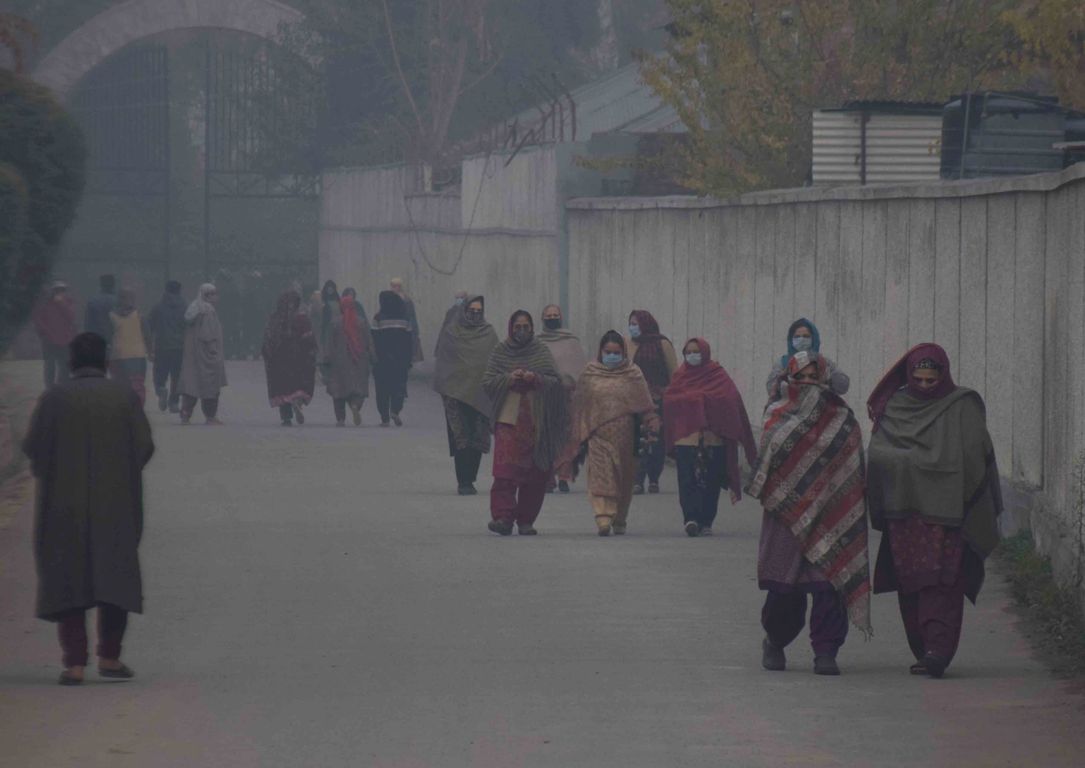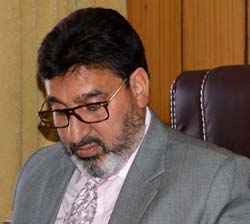SRINAGAR: J&K Finance Minister Dr Haseeb Drabu has said the trade in Jammu and Kashmir is “worried” and “overwhelmed” by the GST because of the paper work it involves and this “sense of discomfort” is getting channelized as anti-GST sentiment. He also believes that the constitutional exclusivity of the state will help the government to explore various possibilities that other states do not have.

“Our businesses (in J&K) are not balance sheet based businesses,” Drabu told Times of India. “They are based on relationships and confidence. The mindset is that the less paperwork the better because somewhere or the other it will surface through income tax or something.”
Drabu said the real big issue before him was that of SMEs, which were tax exempted under VAT. “Now, we are working out some reimbursement models for them,” he was quoted saying.
“We are exploring the possibility of having GST for electricity and others,” Drabu said, insisting that J&K retains its taxing powers despite GST. “There are two reasons: one, the comparative advantage for industry has been impaired as we are not giving exemptions because of GST. The reimbursement covers only a part of the loss. If I make electricity ‘vatable’ to give input tax credit, it will make industry more competitive. It will be wonderful to have GST in full. It’s a great opportunity for us and I am hoping that we shall do it in the course of this budget.”
Asked about the overall implementation of the GST across India, Drabu said the GST will move to a three-rate structure, where 12% and 18% would move into a basic rate, one below it is merit and one above will be demerit. But, he said, the convergence between these two rates will take time. “The next stage will be rationalisation of rates between 12%, 18% and 28%,” he was quoted saying. “Between now and March, we will see some rationalisation along with some plumbing activity to take care of irritants in terms of returns and filing. The focus will be on making the composition scheme attractive and more relevant for B2B. What will challenge the council is how to restore supply chains that have been impaired by GST, especially under composition scheme because the small guys don’t get input tax credit, creating a situation where the big ones don’t buy from them.”
Drabu has insisted the GST implementation is still “work in progress as design on paper is very different from design on the ground” Admitting glitches, Drabu termed GST Council as “India’s first federal institution”. He said the while the “large section” of the society seeks getting cash back in the system, the tax reform is about “business ethics and we are trying to change that”. He said that change is wnot gong to take place in a year.















